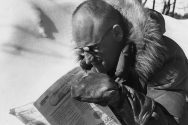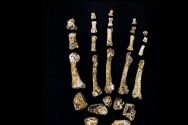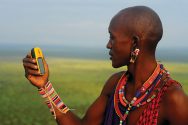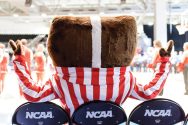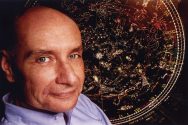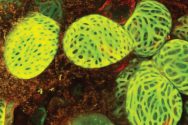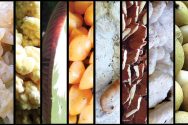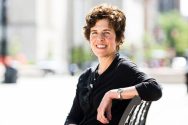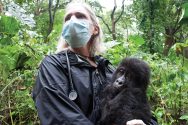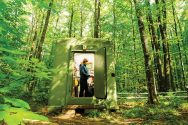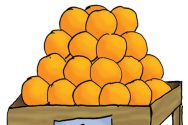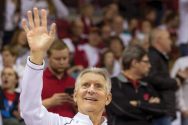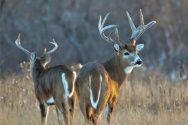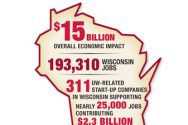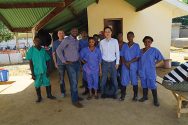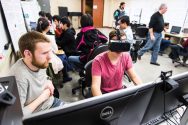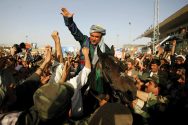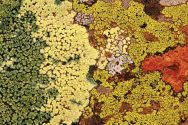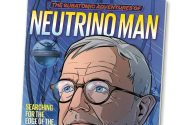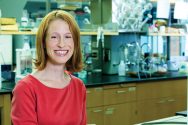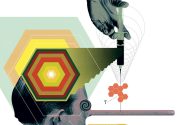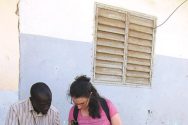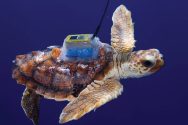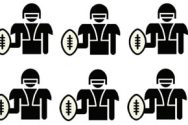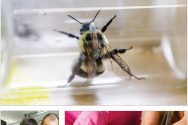Benjamin Franklin was right. Taxation is an absolute certainty in life — even life near the South Pole.
Research
379 stories. Showing page 7 of 13.
An astounding find in South Africa adds a new branch to the human family tree.
Two UW alumni are working closely with African tribal warriors, teaching them how to protect — rather than kill — the majestic lions that roam their lands.
Think the Badgers are underrated? There's proof.
The search for the most famous star in history.
UW’s Great Lakes Bioenergy Research Center researchers identified a method to make paper easier to produce.
Imagery can serve as essential data that help scientists understand how things work, but science images can also be fascinating and beautiful.
Meet a Badger who is one of the caretakers of the Wisconsin Idea.
Her office is home to thirty-one rare and endangered species.
At a tiny building in Wisconsin’s Chequamegon-Nicolet National Forest, scientist Claire Phillips studies carbon in soil samples. The UW has been conducting research at the site for a decade, exploring how forests change over time, under the direction of Ankur Desai, an associate professor in atmospheric and oceanic sciences.
Becoming “Facebook official” is a milestone in modern romance, but can it also help love last?
Veronica Berns PhD’14 found a novel way to make chemistry easier to understand.
He’s a golf champion and an unwavering basketball fan, but Andy North has a third passion.
The greatest threat to Wisconsin’s forests may not be pollution or urban sprawl.
A new report points to UW–Madison’s impact on the state.
This ubiquitous material has surprising roots at UW — and it's a connection that spurred a thriving Wisconsin industry.
UW scientists make encouraging progress toward a vaccine.
In a new UW lab, students create cool things for our interconnected world.
A study finds that early mindfulness training leads to improved academics.
Revisiting a controversial experiment finds nuances in human nature.
In his recent book, Brian Williams PhD’99 sets the record straight on Afghanistani general and now vice president Abdul Dostum, who, along with his cavalry of two thousand Uzbek horsemen, helped the United States defeat the Taliban in a key battle in late 2001.
The Wisconsin State Herbarium has added 60,000 samples to its collection.
An unexpected process may lead to an earlier diagnosis for sick babies.
UW Professor William Bleckwenn 1917, who first used sodium amytal to treat people with schizophrenia, had little idea that his pioneering work would lead to what is popularly known as truth serum.
Using her understanding of human decision-making, Laura Schechter is improving sanitation in Senegal — and in the process, she's changing the way that social scientists and economists think.
Citizen scientists provide clarity for lake researchers’ big questions.
Who knew? Tagging bumblebees can help farmers with their crops.
